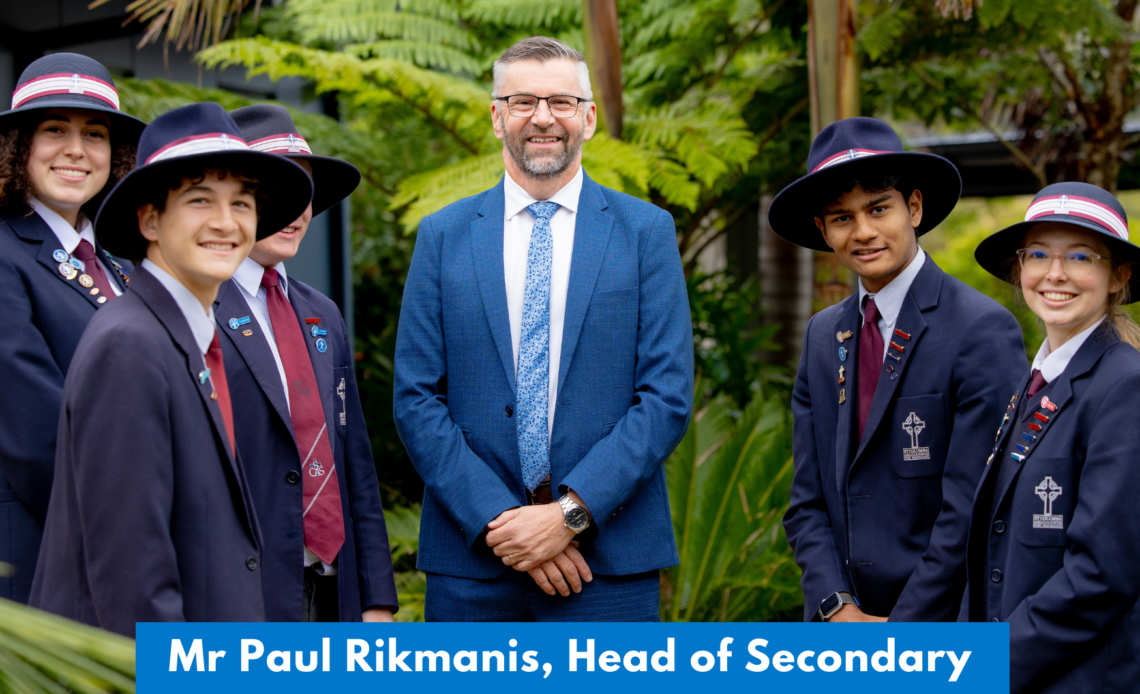
Often concerning and inappropriate interactions by students via group messaging, websites and social media platforms are brought to the School’s attention. Our Year 7 Year Patron, Mr Jacob Edmunds, recently sent out the following message to Year 7 parents that I think is important for all parents.
The importance of monitoring children’s activity on digital devices cannot be underestimated. If you have not checked your child’s messages or social media content recently, can I please encourage you to do so. Only through vigilance can we ensure that children’s online activity is positive and safe. Installation of monitoring software on all devices, including smartphones, is highly recommended to assist in the safe use of these devices.
The School understands that the education of students is a partnership with families, and we are supporting parents with educational opportunities at school that promote safe online behaviours. Year 7 students worked with a consultant from Safe on Socials earlier in the year, our Year 8 students were recently spoken to by Constable Stephen Jeffrey and next week students in Years 7,8,9 and 10 will attend a Bully Zero presentation here at school. Now is an opportune time to be speaking to your child about the messages from these presentations. We will continue to look for opportunities within our PDHPE programs, Wellbeing programs and also incursion activities with educators who have expertise in this field.
Most social media apps have a 13+ age limit, hence they are not appropriate for some Year 7 children. For more information and guidance regarding individual apps please visit The eSafety Guide.
We need to acknowledge some inherent truths regarding children and the internet.
Not all people that children will come across online can be trusted.
Conflicts online tend to escalate or are taken out of context as a result of intent being difficult to read and the lack of the face to face human interaction.
Children’s inhibitions are minimised online, resulting in a higher likelihood of risk-taking and sexualised behaviour.
Many children seek social acceptance and validation online as can be seen through so many social media avenues.
By educating children about online safety, they become more adaptable and better equipped to handle new challenges that may arise in the future.
To assist parents to understand how they can help their children stay safe online, we would recommend visiting the eSafety Commissioner’s website which has targeted information for parents. SCAS has continued its subscription to SchoolTV. You will find the link to this useful resource in ExplainSCAS.
Overall, educating children about safety online is not about restricting their access to the internet, but empowering them to navigate it safely and responsibly, ensuring a positive and enriching online experience.

